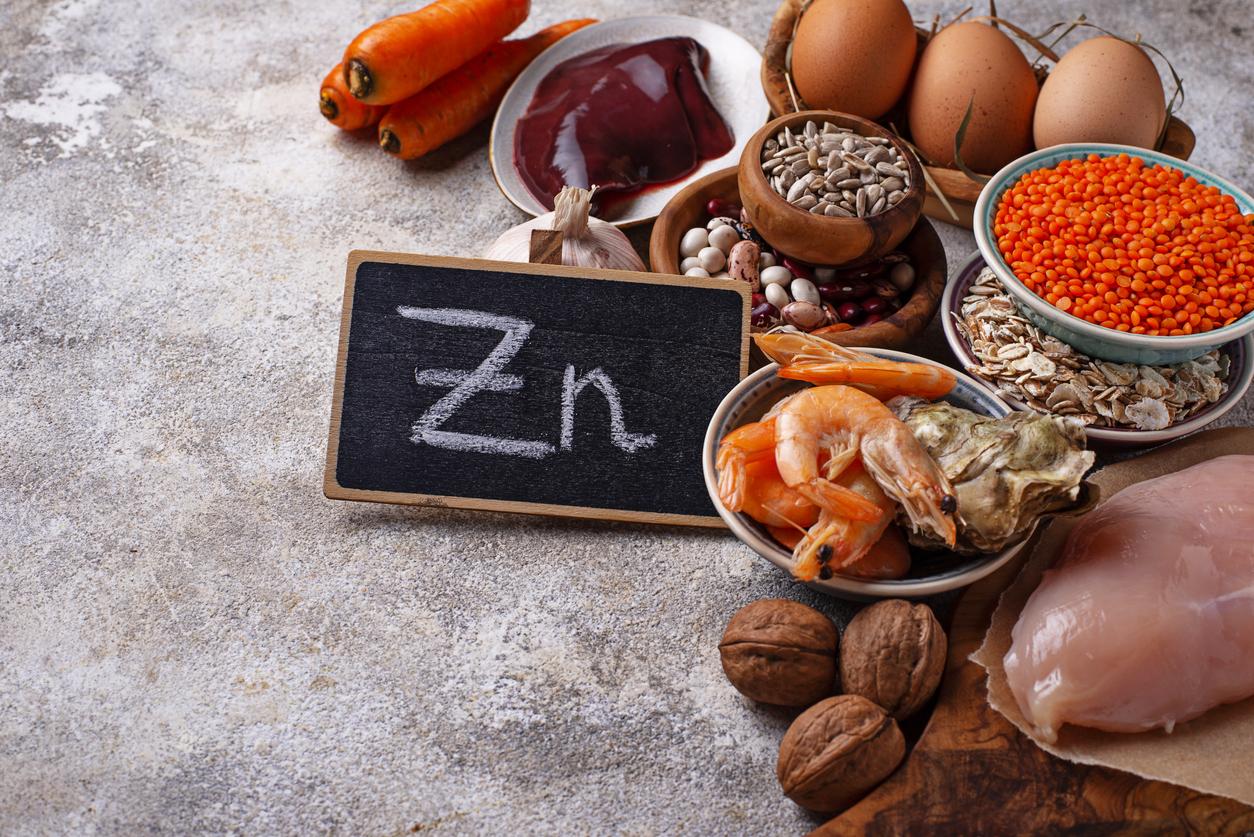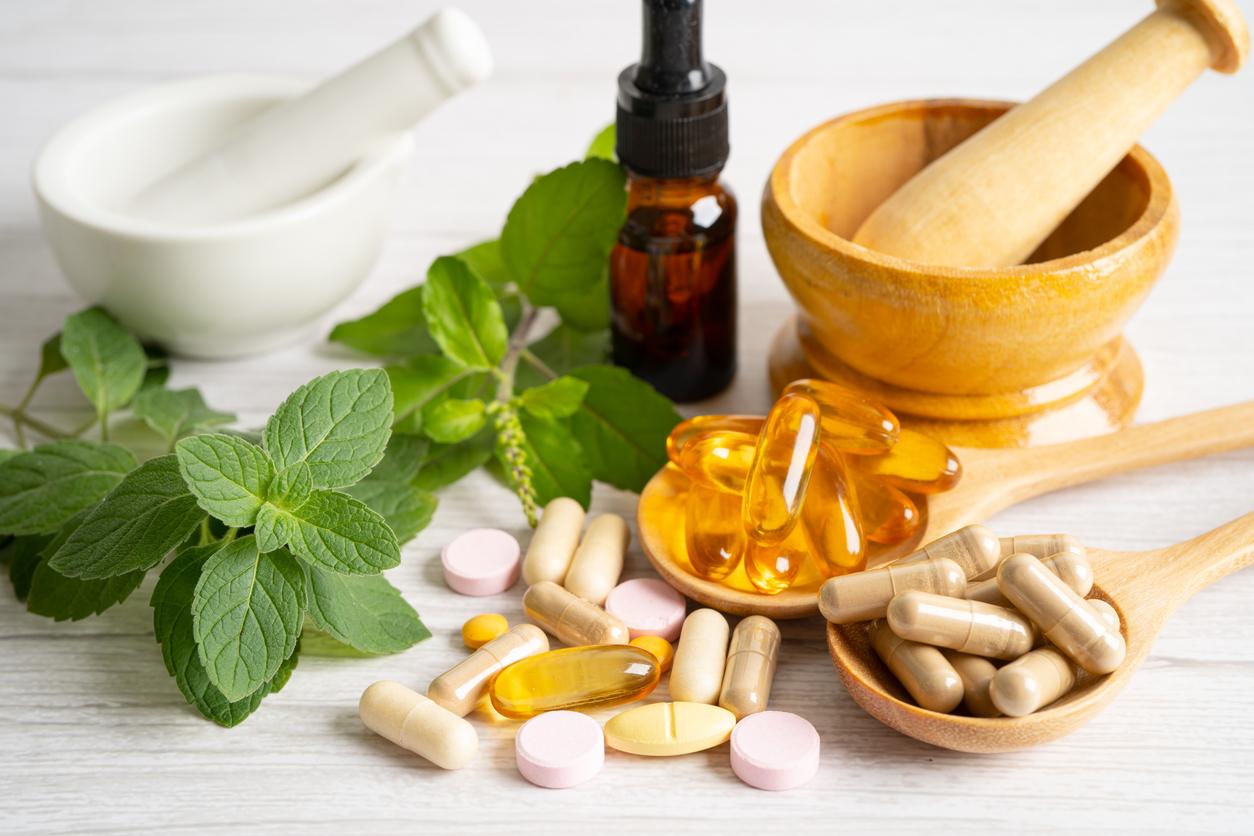Flu, gastro or Covid-19… In the middle of winter, viruses are very present. Defense against viral and bacterial infections, vitamin C remains an essential element for the proper functioning of your body (and even more so at the moment). It also allows the protection of the wall of blood vessels, the assimilation of iron, the antioxidant action or even facilitates healing.
What are the risks of vitamin C deficiency?
A lack of vitamin C causes low energy, fatigue and poor concentration.
Your immunity to germs may also decrease and you may become more ill. A loss of appetite is also often associated with a lack of vitamin C. This leads to even more fatigue.
However, the body does not manufacture or store any vitamin C. To avoid these deficiencies, you must eat foods rich in vitamin C on a daily basis.
Who should consume it?
The officially recommended dose for an adult is 110mg per day. Nevertheless, many experts estimate that our daily needs would be more in the order of 200 to 300 mg.
Smokers, regular athletes, the elderly or even pregnant women should consume more.
Where to find vitamin C?
Citrus fruits such as orange, lemon or grapefruit are excellent sources of vitamin C, with around 50 to 60 ml of vitamin per fruit. On the other hand, it is indeed blackcurrant which remains the largest supplier, with a content two and a half times higher than orange.
Other unknown food sources exist. Among vegetables, for example, broccoli contain 52 ml of vitamin C, as do cauliflower, Brussels sprouts or herbs such as parsley and thyme.
Vitamin C remains the most fragile of all vitamins. Very sensitive to water, heat, air and light, it is destroyed very quickly. In 24 hours, a food can lose 50% of its vitamin C content. Do not hesitate to keep your fruits and vegetables in a cool place, rather than at room temperature.
























